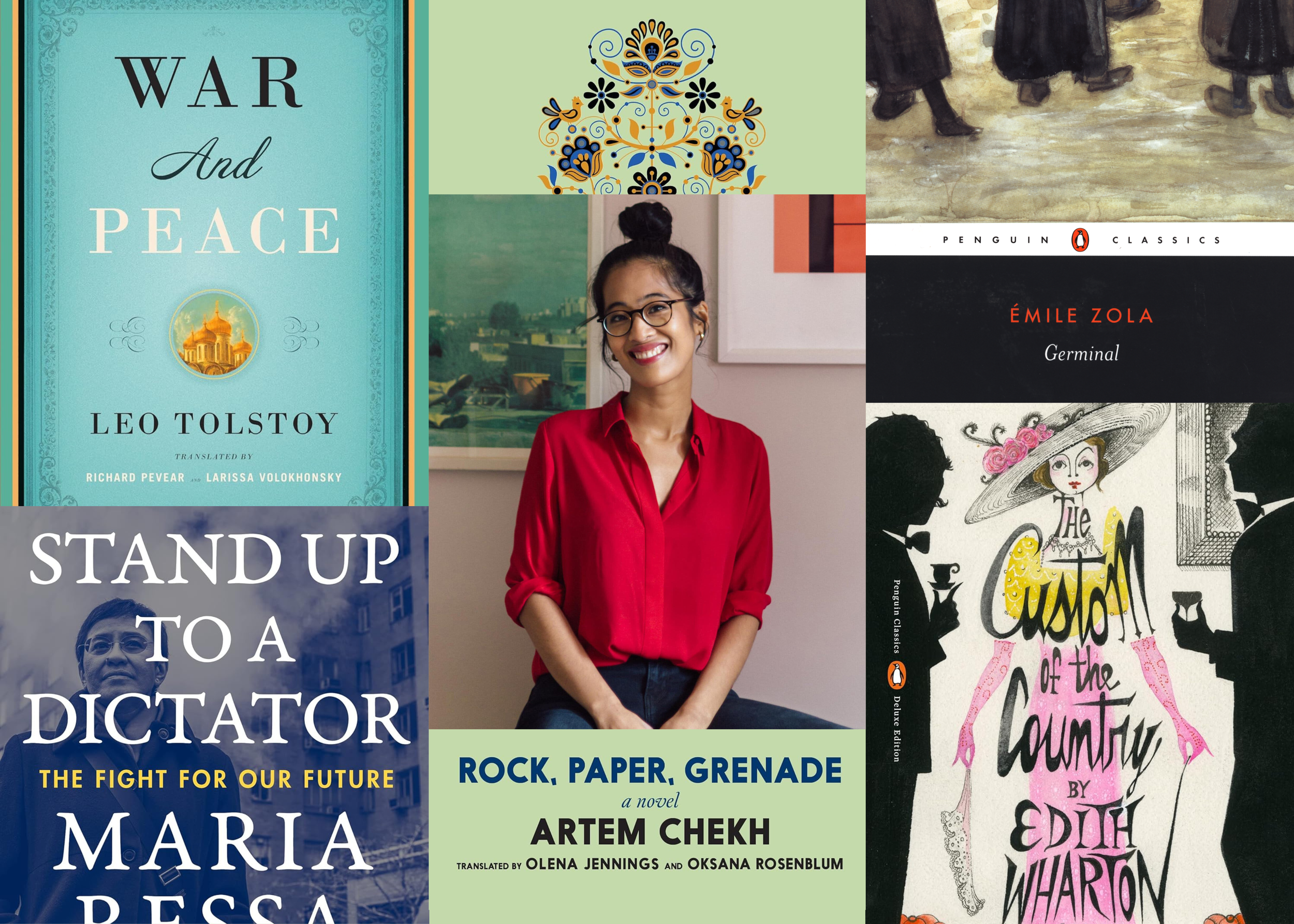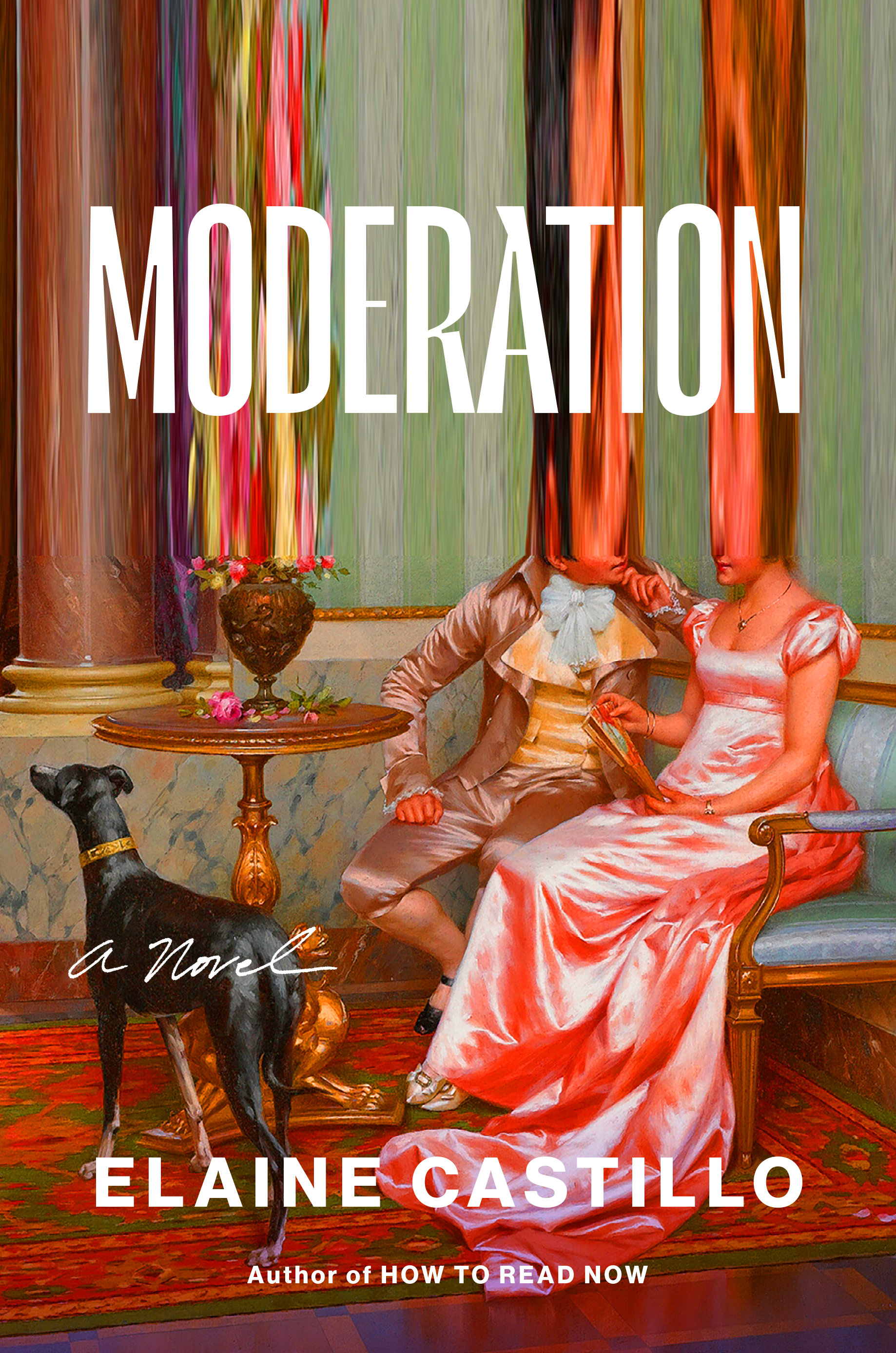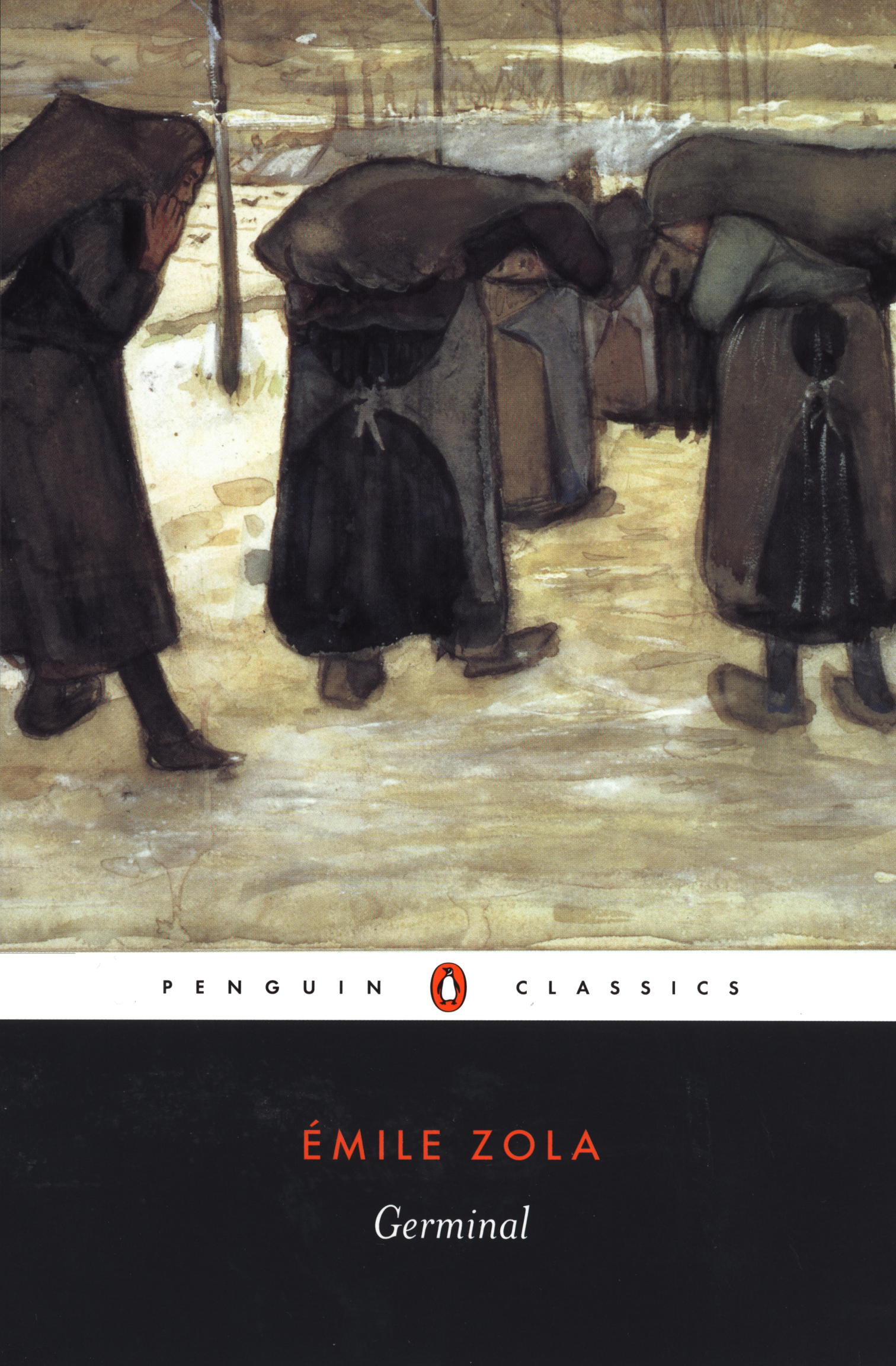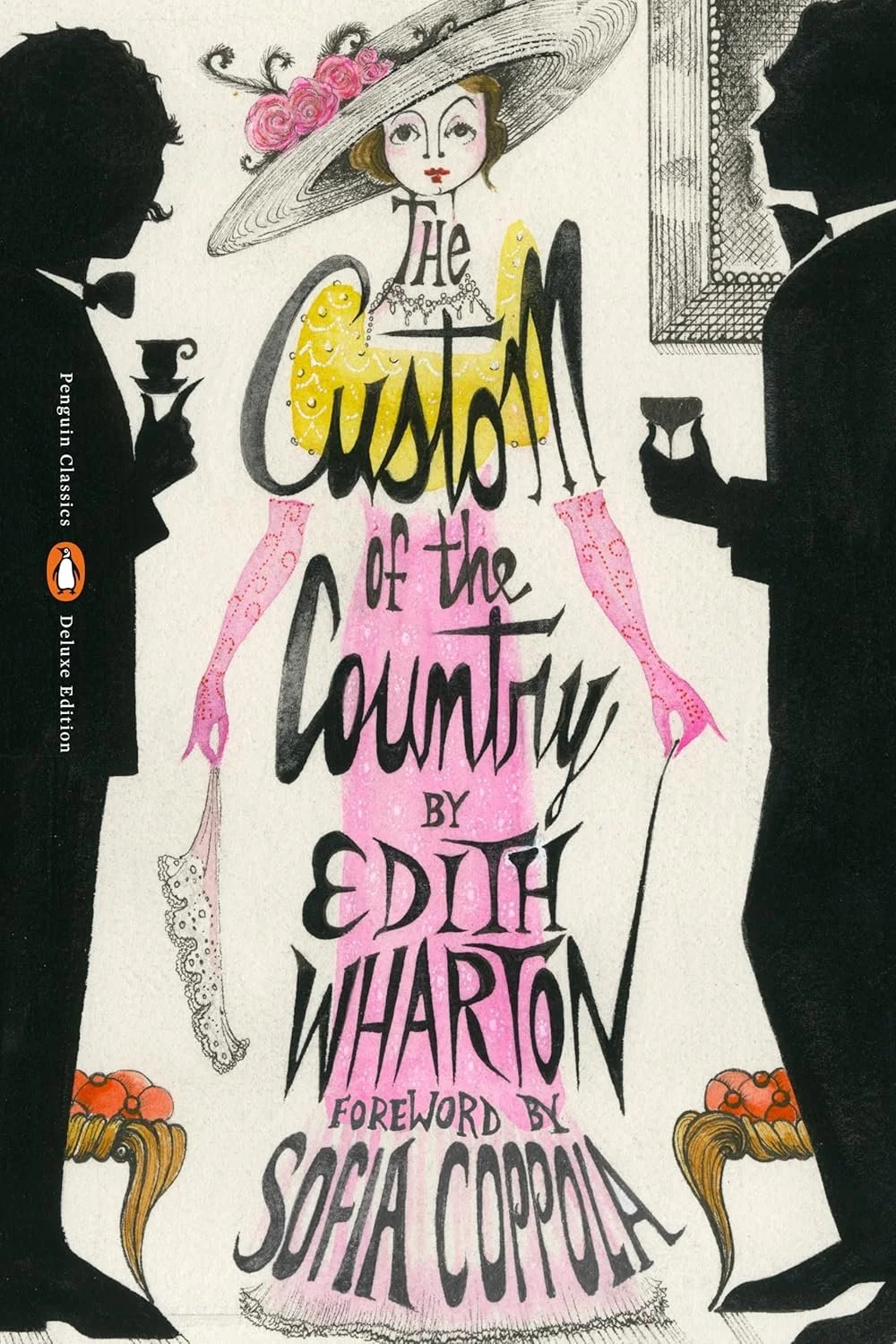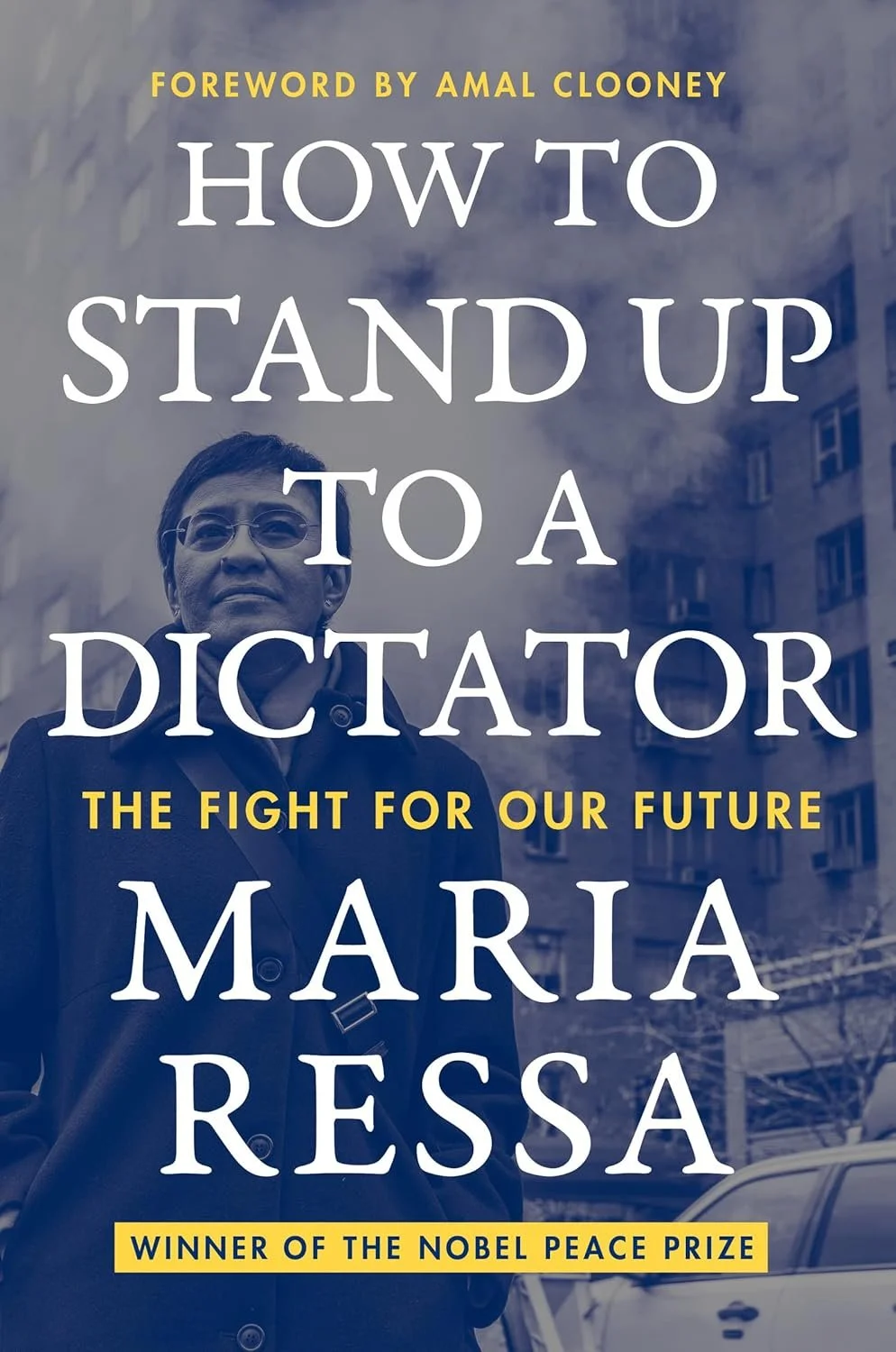Elaine Castillo’s Recommended Reading List
Elaine Castillo is the author of the latest release Moderation, the acclaimed collection of essays How to Read Now, the debut novel America Is Not the Heart, and the longform essay Good Girl: Notes on Dog Rescue. Elaine is also named one of “30 of the Planet’s Most Exciting Young People” by the Financial Times, was born and raised in the Bay Area.
To celebrate the release of Moderation, Elaine shares her recommended reading list with us below!
To learn more about Elaine and her inspiring career, visit here.
“I re-read this recently after twenty years, and Zola’s masterpiece about exploitation and resistance amidst a mining strike feels as alive and visceral today as ever. I’ve come to think of it as also one of the great tech novels—as in, it’s also a novel about how a certain type of new technology (in this case, the brutal apparatus of coalmining) transforms—and deforms—the societal relations of the world it enters. And while it remains one of my favorite books, it’s also become for me a great instructive failure and cautionary tale: about how (not) to write and imagine resistance; about how the inability to truly imagine personal repair will forever make collective repair impossible; and about how believing that love and resistance are separate acts—or that class liberation might be siloed from gender liberation—will forever fail our revolutions.”
“I know, I know, but I finally finished the Maude translation I bought from a used bookstore when I was in high school this year—and yes, it quickly became a desert island book for me. But I think one of the things I found most moving was actually reading the Clifton Fadiman introduction to the Maude translation; Fadiman’s intro is dated 1942, and he draws sharp comparisons between his generation’s Hitler and Tolstoy’s Napoleon. Reading it in 2025, I think grimly of my generation’s own dictators and genociders. Read it for Tolstoy’s dismantling of the Napoleonic mythos, his rejection of the Great Man theory, but most of all for what Fadiman calls: ‘Tolstoy’s love for his characters… He knows a great deal but it is his enormous capacity to love what he knows that makes his knowledge live for us.’”
“It was very tempting to put The Age of Innocence in this slot—but because it’s more widely read, I’m going to go with The Custom of the Country. I sometimes think Wharton is America’s most dystopian writer; she makes Cormac McCarthy looks cute. ‘The Countess Olenska expects us both at half past five’ is one of the most violent lines not just in The Age of Innocence but in American literature—and The Custom of the Country is full of such lines. No one’s cleaver is sharper about how American greed, cowardice, and aspiration deform American inner life.”
“No guesses on why I might be recommending this at this juncture in history, but nevertheless this is an evergreen book: as its title indicates, this is a stirring, moment-by-moment account from Nobel Peace Prize laureate Ressa, co-founder of Filipino online news site Rappler, about the tightening chokehold on journalistic freedom under Rodrigo Duterte’s regime in the Philippines (and is particularly gratifying to read as he currently waits in the Hague to be tried for crimes against humanity). But what also makes this book vital is Ressa’s dawning—and chilling—journalistic realization that the democratic freedoms of expression promised by the new social media age, especially titans like Facebook, were illusory; that the tech oligarchs of our time are on the side of the tyrants, not the people.”
“A tender, sharply-imagined coming-of-age novel, full of clarity and bleak humor: a book as shrewd about historical damage as it is about personal repair; as piercing about post-Soviet loneliness as it is about our most ancient pull to salvage and connect. Chekh is also currently serving in the Armed Forces of Ukraine, and in a recent article for Al Jazeera he wrote: ‘We are the only symbols that we have. Every person who remains unbroken, who carries on working and contributing, who holds the front line with every last ounce of strength, who donates every last penny to buy drones and off-road vehicles, who sources medical equipment across the globe, who tries to live their life in spite of everything. We are the symbols: Worn-out like old winter coats, but real. We are the people who just carry on living and fighting.’”
Read More

